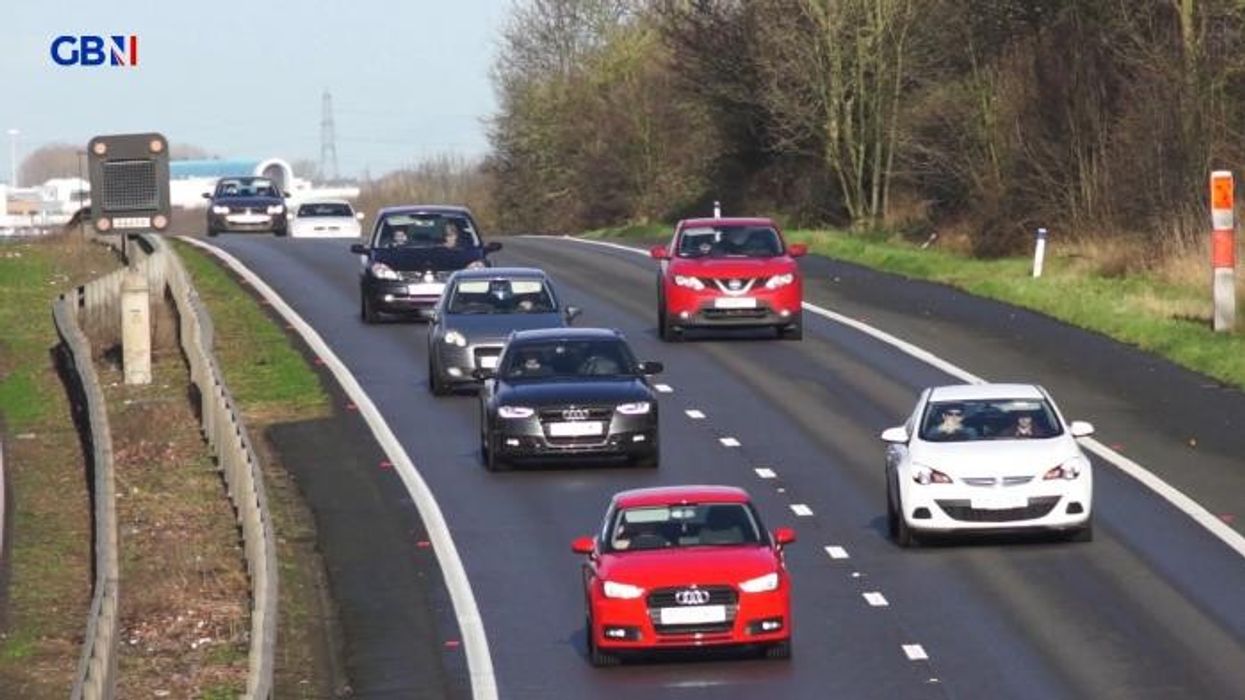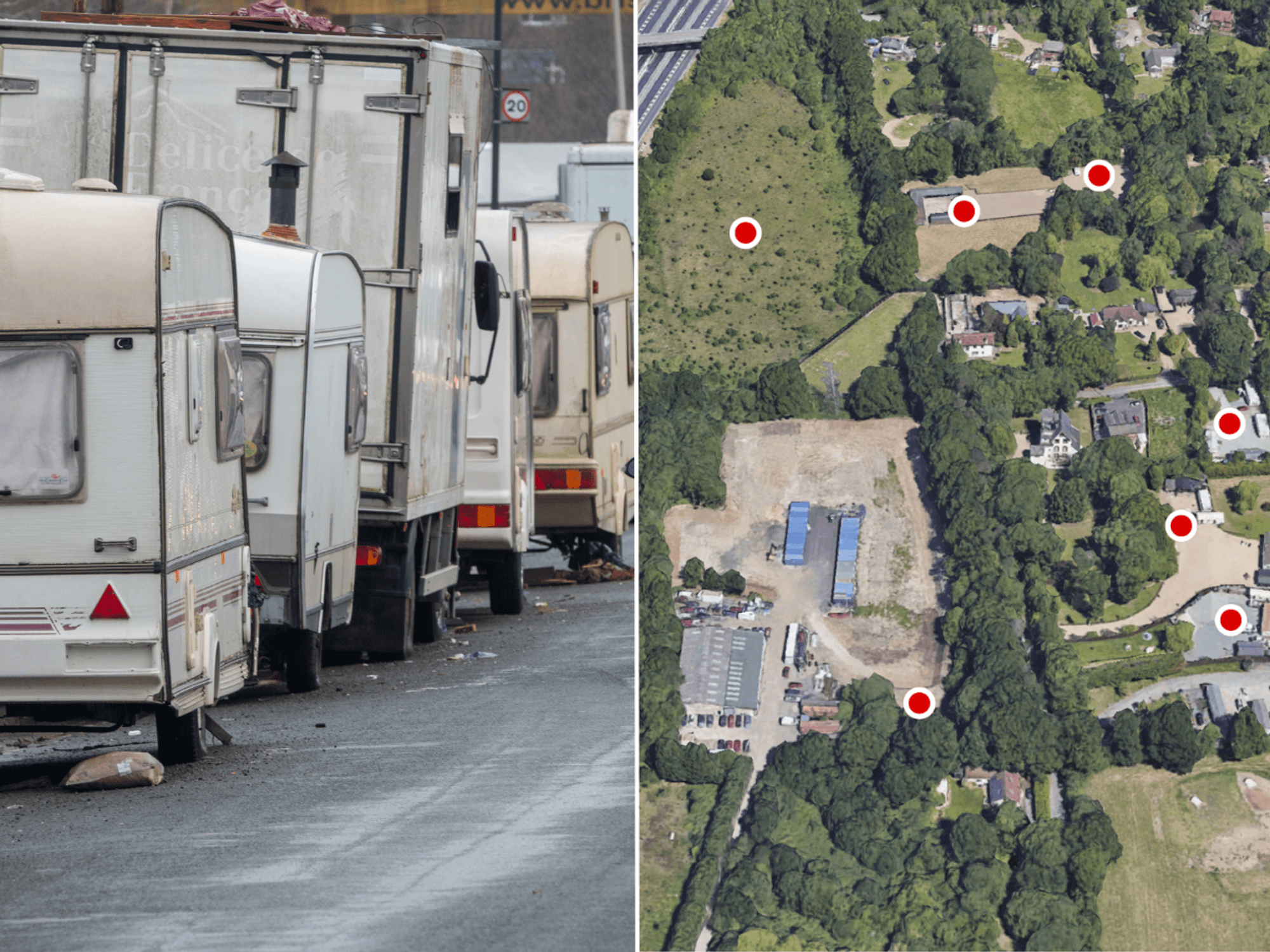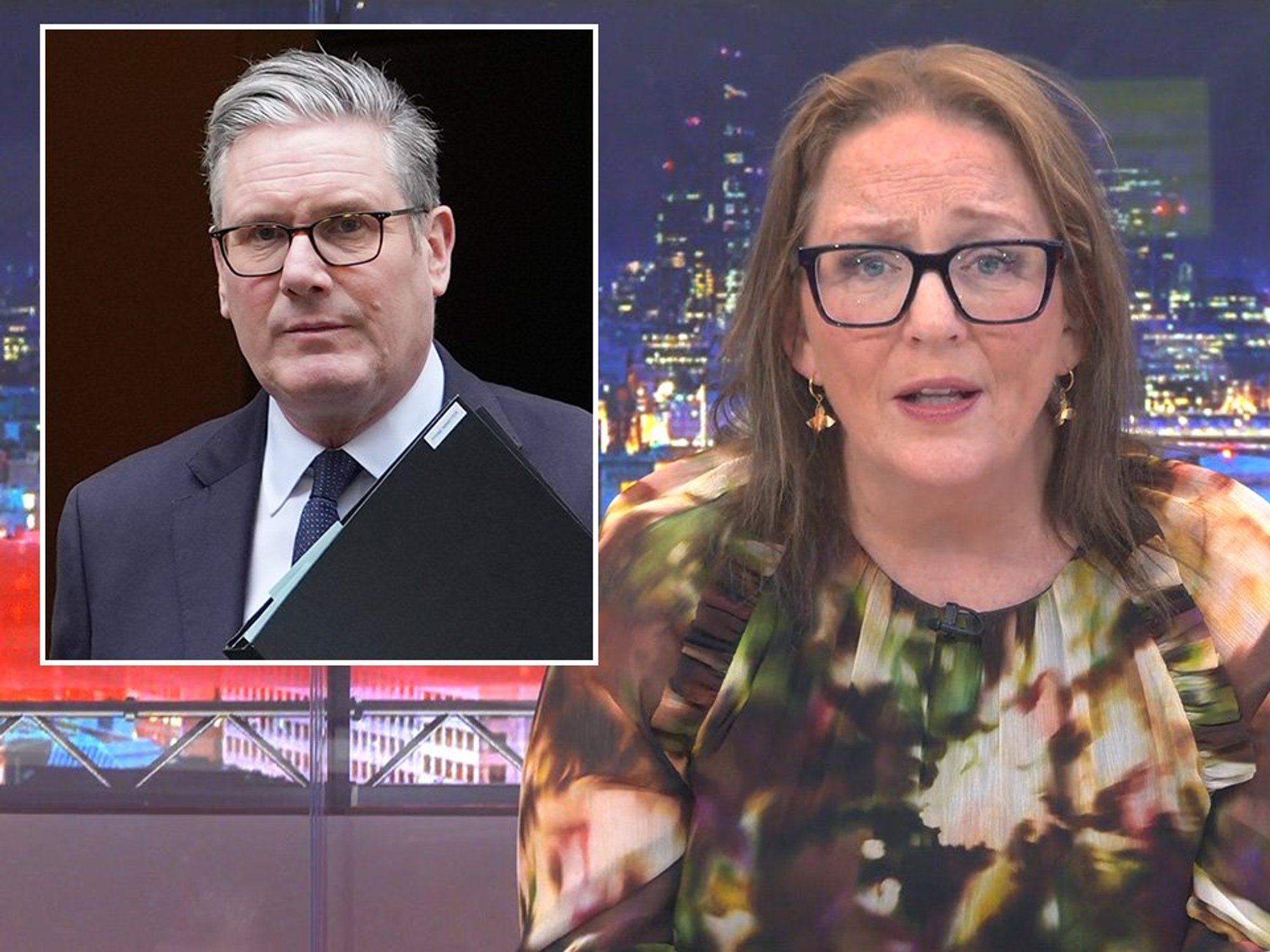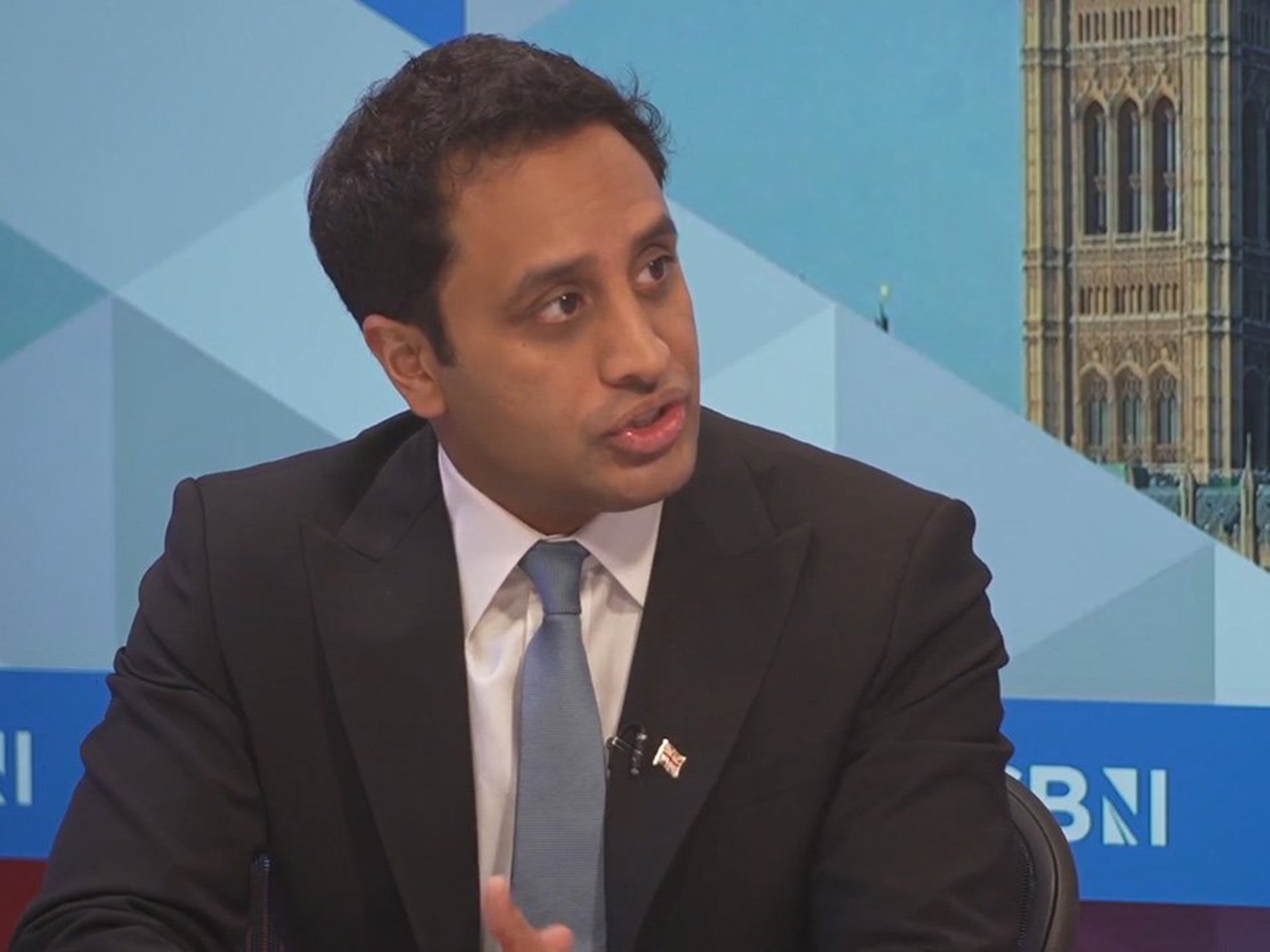Car tax changes would see certain vehicles escape major new laws as drivers demand urgent action

There were also calls for the new Government to bring new tax incentives for drivers
Don't Miss
Most Read
Drivers and key players in the motoring industry are calling on the next Government to make major car tax changes to boost the number of electric vehicles on the road.
From April next year, drivers of electric vehicles will be required to pay Vehicle Excise Duty as the Government aims to make the system of motoring taxation "fairer".
While they will pay the lowest rate of car tax, many are still frustrated about the falling amount of incentives and grants available for people thinking about switching to electric.
A new Tax and Regulation Manifesto from the Association of Fleet Professionals (AFP) called for changes ahead of the 2024 General Election taking place on July 4.
Do you have a story you'd like to share? Get in touch by emailing motoring@gbnews.uk
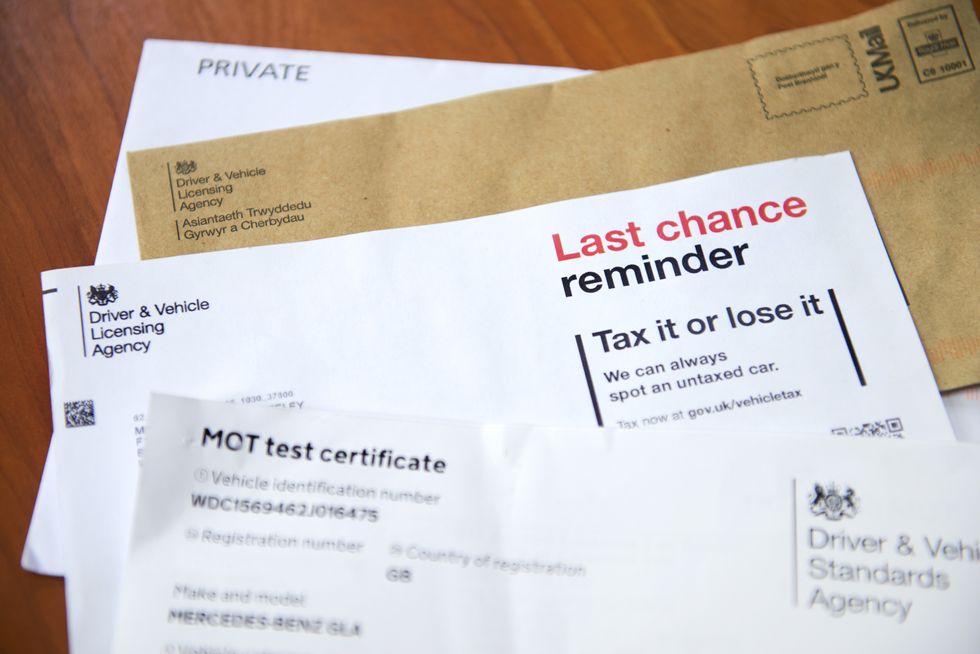 Electric vehicles will need to pay car tax from April 2025 | GETTY
Electric vehicles will need to pay car tax from April 2025 | GETTYThe Manifesto states that plans to introduce Vehicle Excise Duty for zero emission vehicles from April 1, 2025, would be unwise and impact the uptake of these vehicles.
It suggests that the Government scraps plans to tax electric vans as zero emission vans would pay the standard annual rate for petrol and diesel light goods vehicles from next year.
The AFP argues that businesses are already struggling to make the transition to electric vans, with further costs not helping matters.
They added: "We would like to see VED kept at zero for electric vans in a move to aid businesses with their transition to eLCVs."
It is also calling on the new Government to publish Benefit-in-Kind (BiK) tax rate tables to be published beyond the 2027/2028 tax window.
Many have suggested that the uncertainty of rates beyond 2028 could have a dramatic impact on businesses, especially if they will be affected by price hikes at the end of their leases.
Electric vehicles being used through company car tax schemes currently pay a tax rate of just two per cent, with this rising by one per cent until 2027/2028 when it will stop at five per cent.
The most polluting petrol and diesel vehicles - namely those which produce more than 160g of CO2 per kilometre have seen their rates unchanged between 2022 and 2028, sticking at 37 per cent.
There are fears that drivers could move towards petrol and diesel company cars if the tax benefits are not that significant compared to electric vehicles in the coming years.
The manifesto states: "Ideally we’d like to see the BIK Tax Tables published to 2030 to provide certainty and peace of mind for fleets ordering vehicles with four-year contracts that will fall into the 2029/30 tax year."
Point 17 of the AFP Manifesto also looks at introducing new tax breaks for drivers around the UK, in a move that would mirror schemes used in France.
This would involve giving a tax-free alliance to employees as an alternative to a company car, which it argues would boost the uptake of more environmentally friendly transport methods.
LATEST DEVELOPMENTS:
- Ulez expansion leads to 'demonstrable influence' of electric car sales as drivers face expensive daily costs
- Hybrids cost £500 more per year to fuel than manufacturers claim as electric car owners save £1,200
- Keyless car thefts 'worryingly high' as one in five vehicles stolen in broad daylight prompts urgent warning
 Electric vans attract a far lower BiK tax rate than other petrol or diesel vans | PA
Electric vans attract a far lower BiK tax rate than other petrol or diesel vans | PAIn France, the allowance is currently €600 (£510), although the AFP calls on a personal allowance of £2,000 (€2,348) based on the mode of transport.
The report added: We also believe that tax breaks should be offered to employees who decide to leave their car at home and undertake an alternative, zero carbon journey instead – be it walking, cycling or e-scooting.
"The Netherlands offer tax breaks for walking and cycling. These benefits should be offered for both commuting to the office and for business trips."


